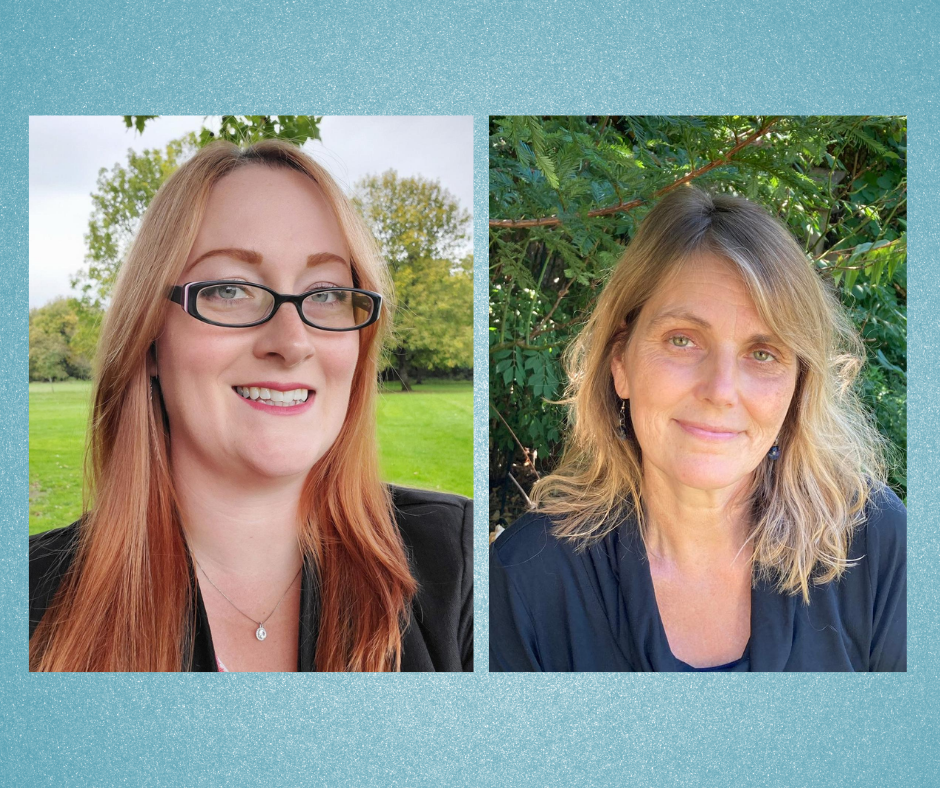 Recently, two officials from Benton County towns were appointed to the Local Officials Advisory Board. The Board assists the Oregon Department of Land Conservation and Development as well as the Land Conservation and Development Commission.
Recently, two officials from Benton County towns were appointed to the Local Officials Advisory Board. The Board assists the Oregon Department of Land Conservation and Development as well as the Land Conservation and Development Commission.
Philomath City Councilor Catherine Biscoe and Benton County Commissioner Nancy Wyse will both serve a two-year term, helping to protect farm and forest lands, and to advise on land-use goals and rules. So we asked each of these community leaders about their thoughts on being selected.
Councilor Biscoe said, “The Local Official Advisory Committee is an opportunity for cities and counties to have their interests represented from across the state; urban or rural, geographically, economically, and regionally.” Adding that “the voices of local government will bring added perspectives.”
Commissioner Wyse said, “My interest in Oregon’s statewide land use system stems from the fact that everything is connected: housing, the economy, natural resources, community development, and more. Healthy, vibrant communities do not just happen, they result from good planning policy and my goal is to advocate for just that!”
Experience Leads the Way
We asked each what experience they feel influenced their selection on this board.
Commissioner Wyse cites her experience as a city council member, Planning Commissioner, and the chair of the current Benton County Board of Commissioners, adding that she has “serve on the Association of Oregon Counties Natural Resources Advisory Committee, the Forest Trust Lands Advisory Committee, and the Southern Willamette Groundwater Management Area Committee.” During her time in these positions, Wyse has seen new buildable lands inventory be adopted and several land use decisions be made.
“I have had to develop an understanding of statewide land use laws and how they relate to differing local comprehensive plans and development code,” she said. “There is always more to learn, but with my varied experience I am able to see the same issue from multiple angles.”
Councilor Biscoe said, “Through my own involvement in local land use decisions, I realized that many people have a limited understanding of Oregon’s Land Use Planning
Goals, how unique they are and the great impact they continue to have on every aspect of our life.”
She added that the goals of the board influence “housing, transportation, economic development, natural resources, recreation, and even disaster mitigation.” She looks forward to creating a system of “better citizen involvement and more balanced outcomes.”
Challenges
With any assignment from the state, there will be challenges ahead.
Councilor Biscoe sees the challenges beginning with the rules as they are now. “There is a broad range of opinions on land use, including criticisms that Oregon’s Land Use Planning Goals are outdated or even obsolete. Being able to support changes that balance population growth and climate pressures while preserving valuable forest, farmland and green spaces will be important to the sustainability of our communities.”
Commissioner Wyse sees the biggest challenge as balancing values. “Not only do values change over time, but different communities have varied values and priorities. Striking a balance with competing values can be a challenge.” She hopes that, as a member of the board who represents both rural and urban areas, she will be able to find common ground with the other members.
Opportunities
Commissioner Wyse sees the biggest plus in this as “the chance to give Benton County a ‘seat at the table’.” She looks forward to soliciting feedback from others across the county “including community members, city councilors, and staff from the cities within Benton County.”
Councilor Biscoe sees this as an opportunity “to support LCDC policy making, share with Oregonians the importance of land use planning and promote citizen involvement in local land use decisions that impact quality of life…”
The Urban Growth Boundary
One issue near and dear to the hearts of all Oregonians is the Urban Growth Boundary – the magical line beyond which urban areas cannot expand into farm and forest lands. So what would each of these women do if faced with a decision about the UGB?
Councilor Biscoe looks forward to the chance to discuss this, saying, “Local opinions vary about what that balance should look like, and it is important to include local government perspectives in the process of any UGB policy changes or review. The Local Officials Advisory Committee membership opens the door for that inclusion in the process.”
Commissioner Wyse doesn’t see this issue being addressed at the LCDC or DLCD level, but has faced the topic in her position as Commissioner. “One recent example is that the city of Adair Village requested that the Board of Commissioners initiate a legislative process to amend the UGB and participate in a joint process to amend the county comprehensive plan and zoning map.” She continued, “If we determine that state rules and city and county criteria governing UGB expansions are satisfied, the result will be to add about 55 acres to the UGB for Adair Village to then annex.”
By Sally K Lehman
Do you have a story for The Advocate? Email editor@corvallisadvocate.com

